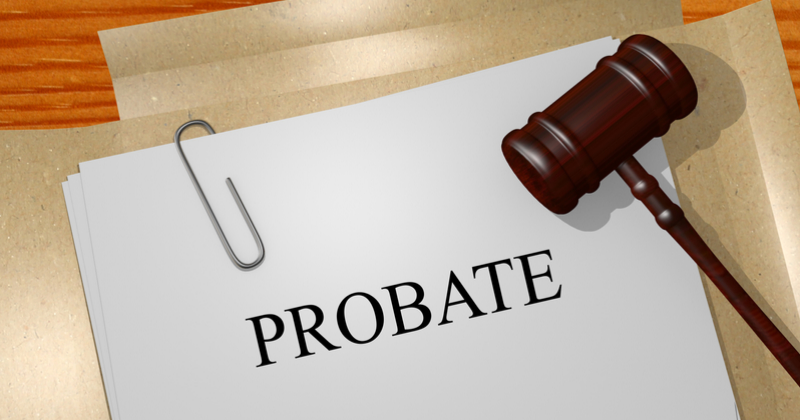
Proper estate planning can minimize the amount of state and federal taxes that a beneficiary will have to pay after the person dies, reduce attorney fees, and cut down the delays inherent in the court system. Probate is a legal process where a deceased person’s estate is distributed to their heirs and beneficiaries and the debt owed to creditors is paid off. Probate may incur taxes depending on the value of the estate, and may people choose legal probate exemption options to preserve their estate for their heirs.
Probate exemption or avoidance planning is estate planning utilizing beneficiary designations or joint account designations to avoid probate. Avoiding probate typically involves using a different plan that has been constructed to pay final debts and expenses and transfer property per the decedent’s wishes–without having to go to court and open up a probate estate.
A trust is typically exempt from probate. Most states set an exemption level for probate, with an expedited process for a small estate. Illinois has what is called a decoupled federal estate tax exemption. That means that the exception amounts for state and federal estate taxes are different in Illinois. In Illinois, the exemption is $4 million. Living trusts are rapidly gaining in popularity and this option is frequently used to avoid probate.
Many people want to leave a legacy to their family members after their death. A successful estate plan can help you accomplish many goals, from transferring beloved items of property to creating years of financial security. There are several key probate exemption benefits to creating a living trust or a marital trust. An experienced trusts and estate planning attorney can help you decide your best option to save time and money and protect your loved ones.
The team at Estate and Probate Legal group can help you with your estate planning and trusts. Contact one of our experienced DuPage County estate planning attorneys at 630-800-0112.